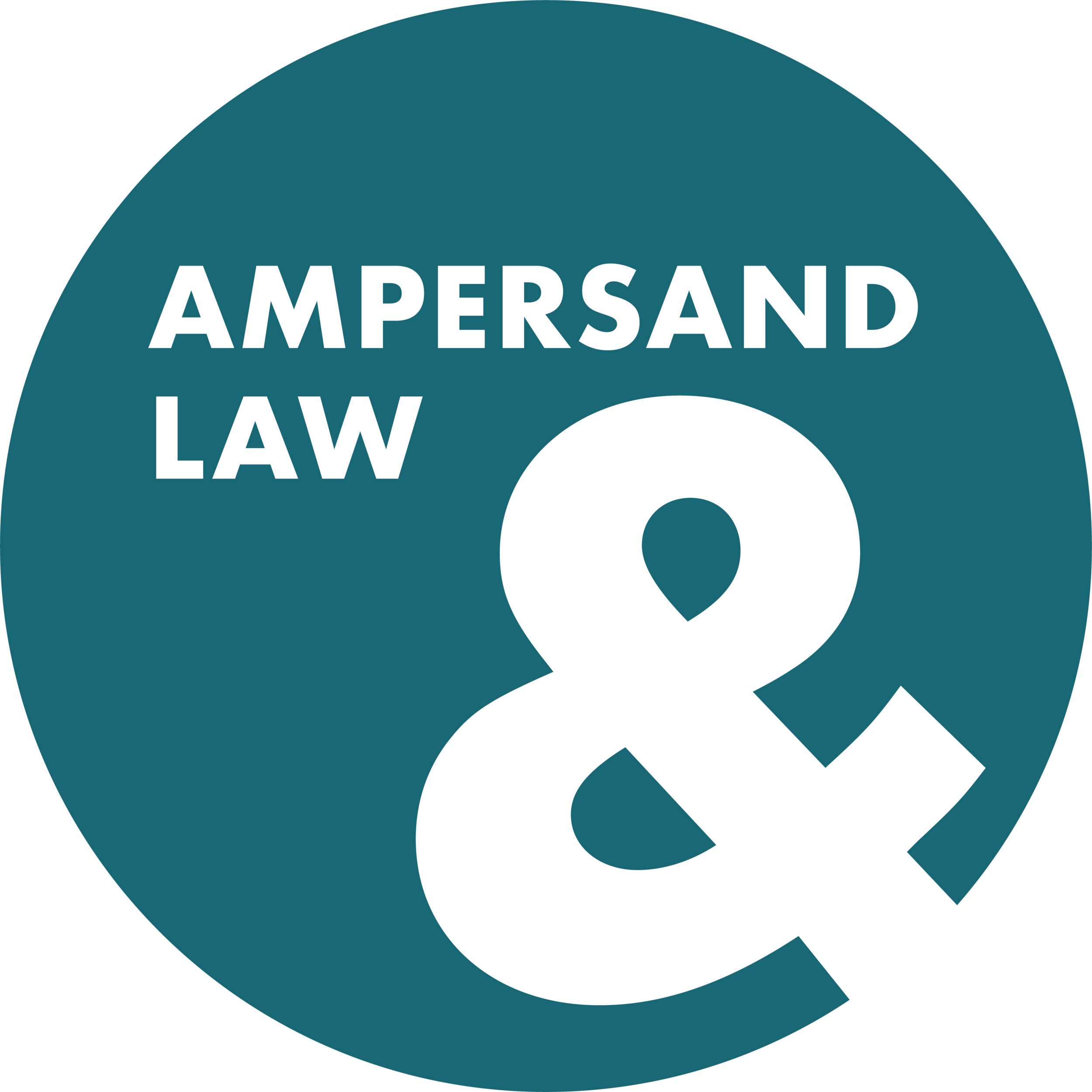FAQ: What happens to debt at death?
I'm so glad I got this question from one of @ampersandlawnc’s Instagram followers. Why? Because the first answer is, "it depends." "It depends" is, by far, my favorite lawyer non-answer to real questions.
But seriously, what happens to debt at death? If you die with debt, those debts generally become the responsibility of your estate. (Refresher: your estate is everything you individually own and are responsible for at the time of your death. The court process involved in dealing with this is called probate).
For the sake of this FAQ, I'm going to: (1) refer to the hypothetical person who died with debts as DD (short for Dead Debtor) and (2) presume DD did not have a revocable living trust.
If DDD had sufficient assets to cover his debts, the Executor of DD's estate (appointed by the court in the probate process and named by DD's Will, if they had one) would use those funds to pay the debts off.
However, if DDD didn't have sufficient assets to cover the debts, one of two things could happen:
The creditors might be out of luck (and/but if that's true, it also means DDD's family/heirs also won't see any inheritance from DDD's estate); or
Depending on the type of debt, someone else might have to pay.
So am I saying you can inherit debt? Yes. It's possible. When/how?
If you are a co-signer on a loan with the deceased - that's your debt too (even if ...). Ex: mortgage, car loan, private student loans, etc.
If you are the joint owner on the account with the deceased - that's your debt too. Ex: credit card, mobile phone, utilities, etc.
If it's your spouse who has died and you live in a community/marital property state, it might be your debt now. Which states are these? AZ, CA, ID, LA, NV, NM, TX, WA, WI.
And if you were the Executor of an estate and didn't follow the court rules and state laws about paying off debts, you may be the person held responsible for paying now.
What happens then? In general, creditors cannot force you to use retirement accounts, assets held in revocable living trusts, or life insurance proceeds paid out to a person to pay debts. But most other funds you have access to - they can get at. That includes real estate in some circumstances (usually by putting a lien on the title, generally not by forcing you to sell the house).
How can you avoid all of these? Besides keeping your debt load low and being very careful about co-signing and co-owning accounts, there are a few more strategies to consider. Please consult with a financial planner and/or an estate planning attorney (like me) to figure out the right solutions for you.

